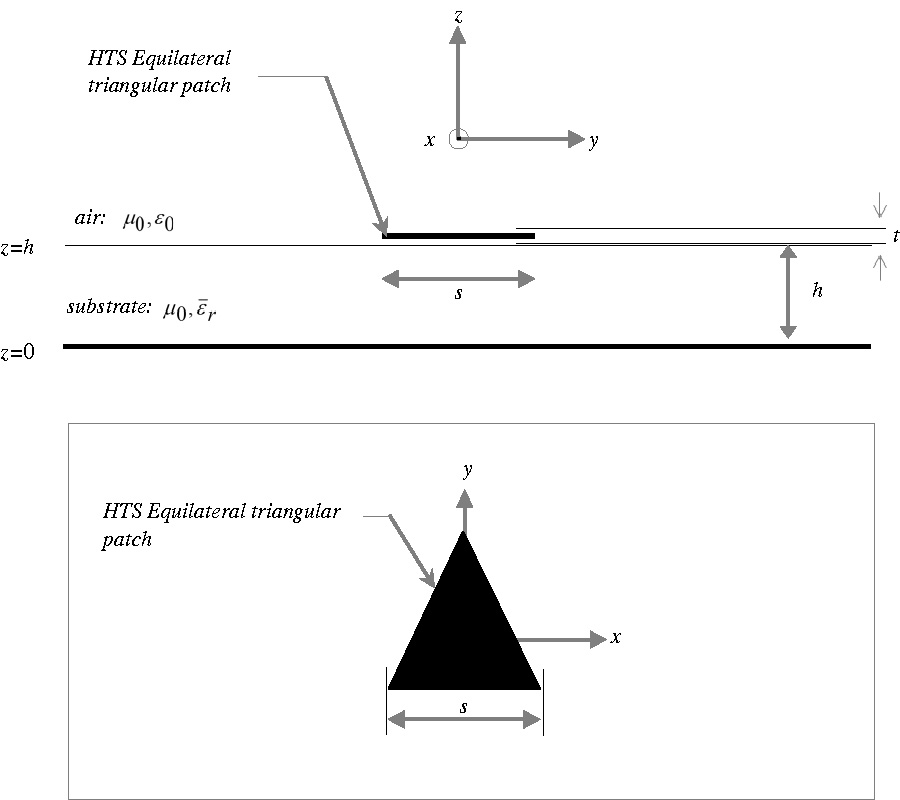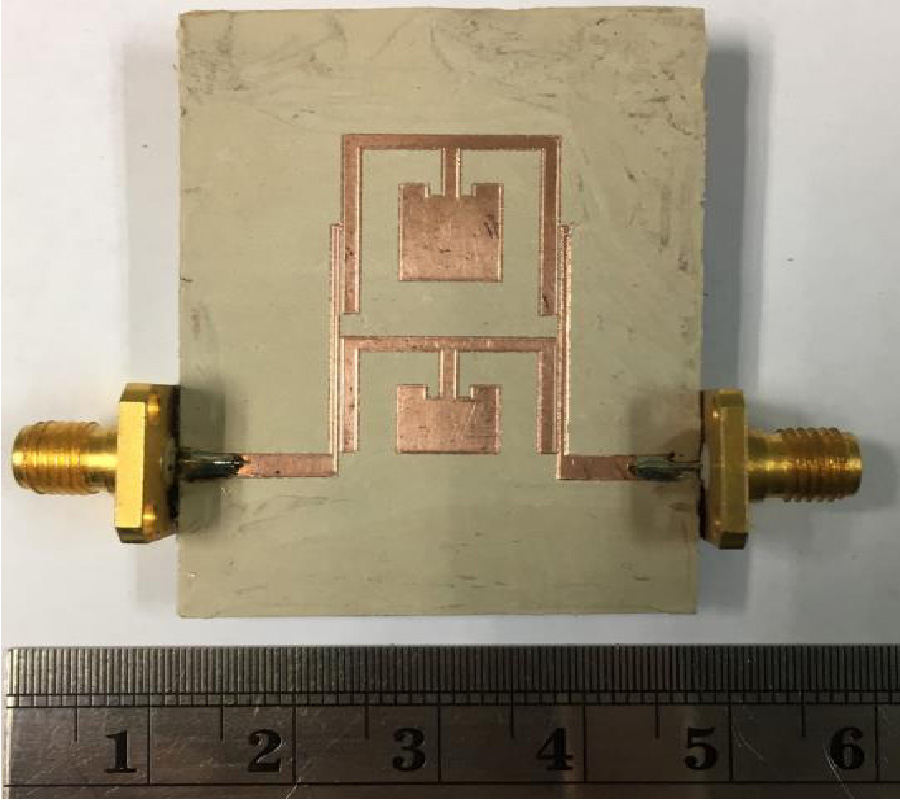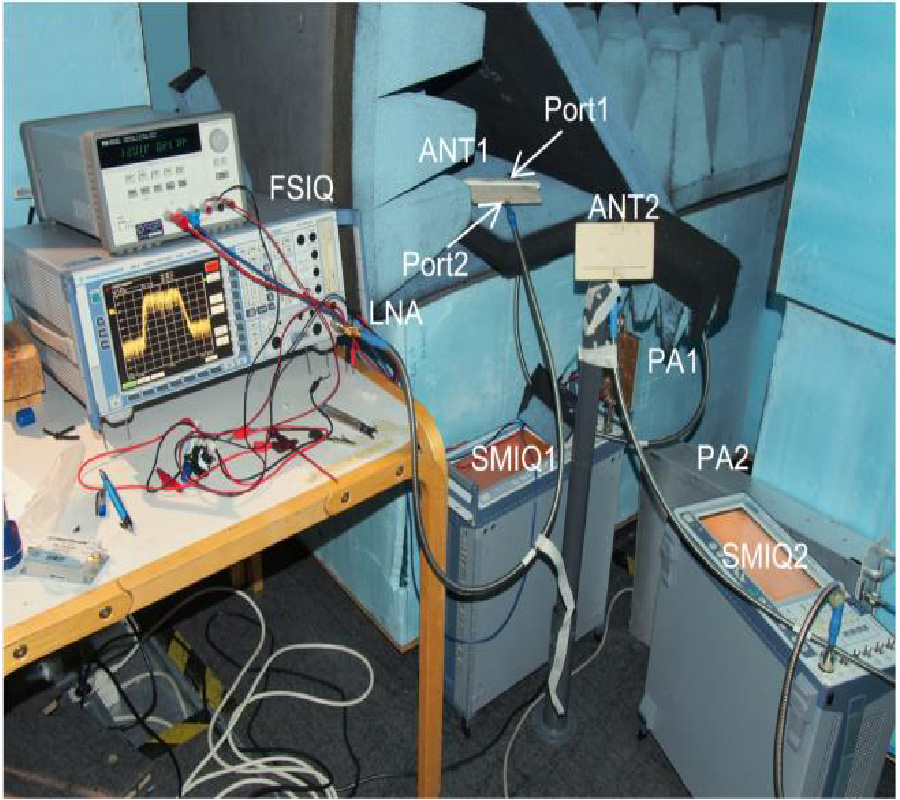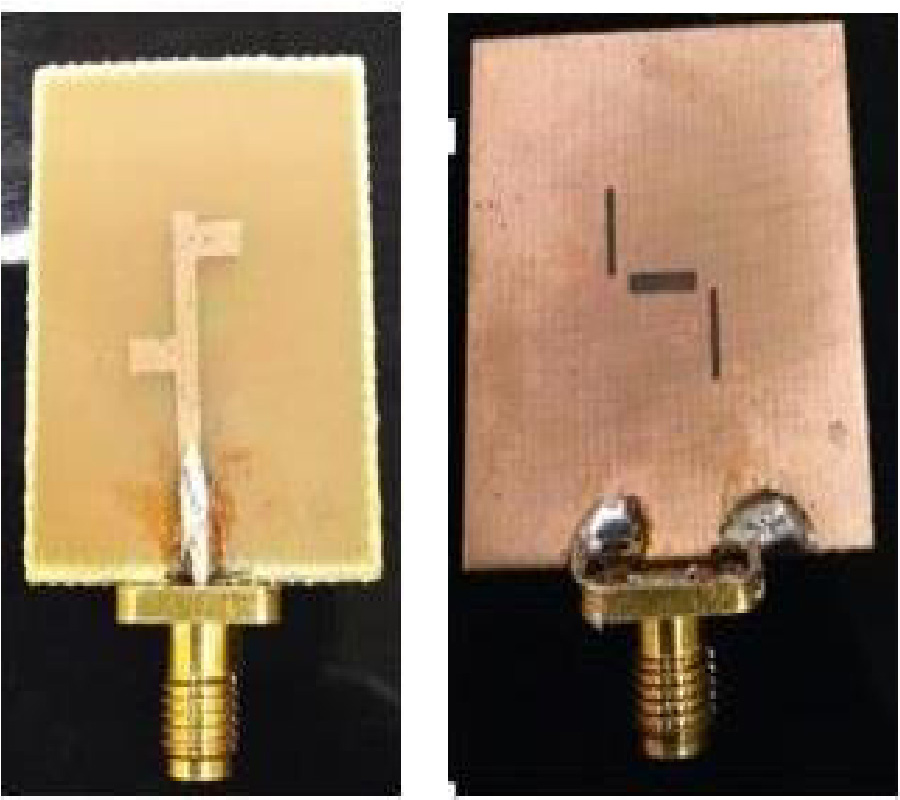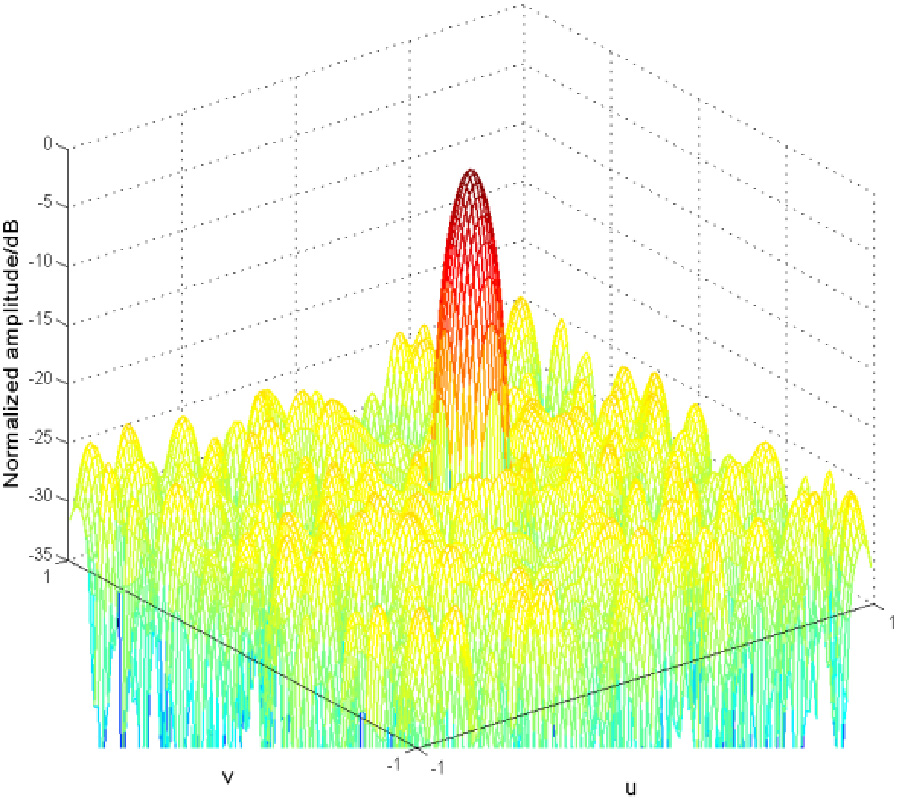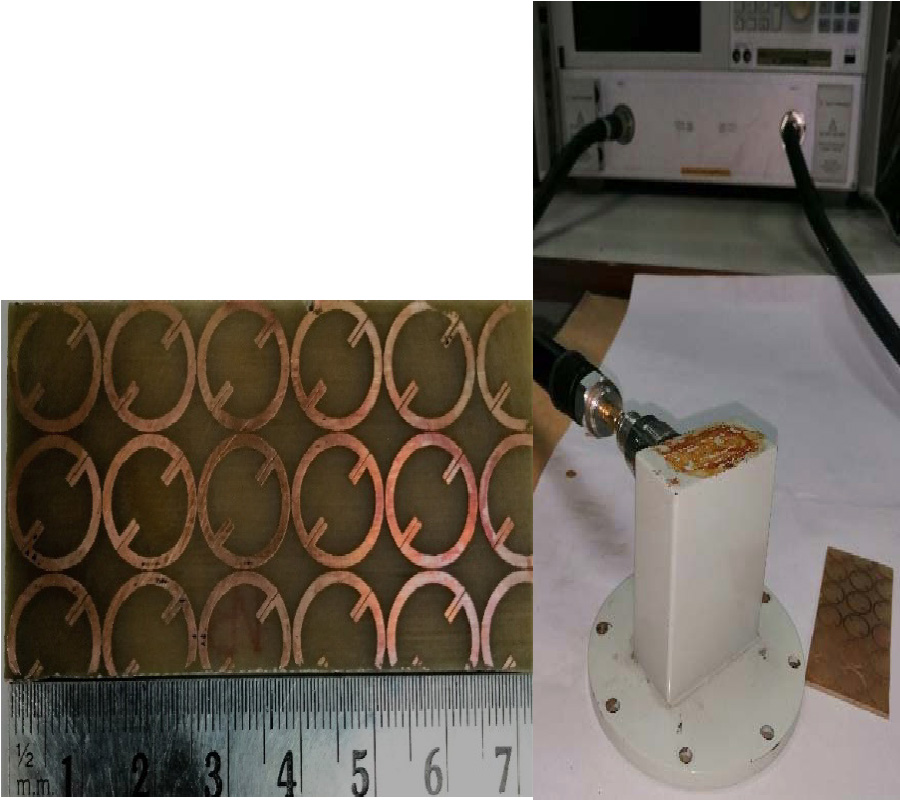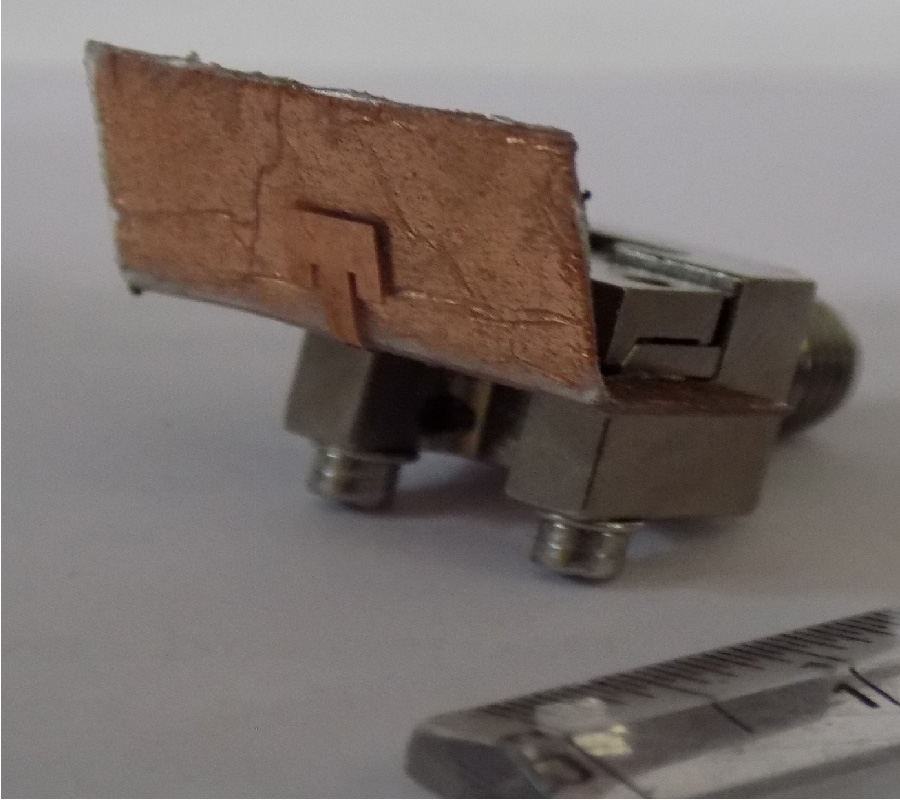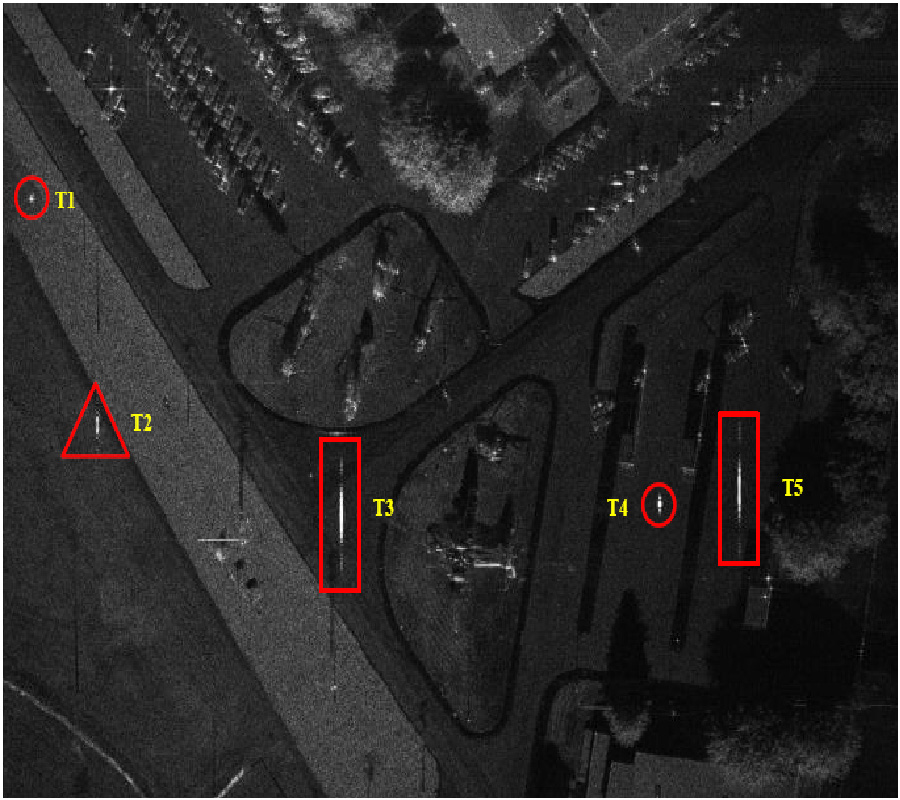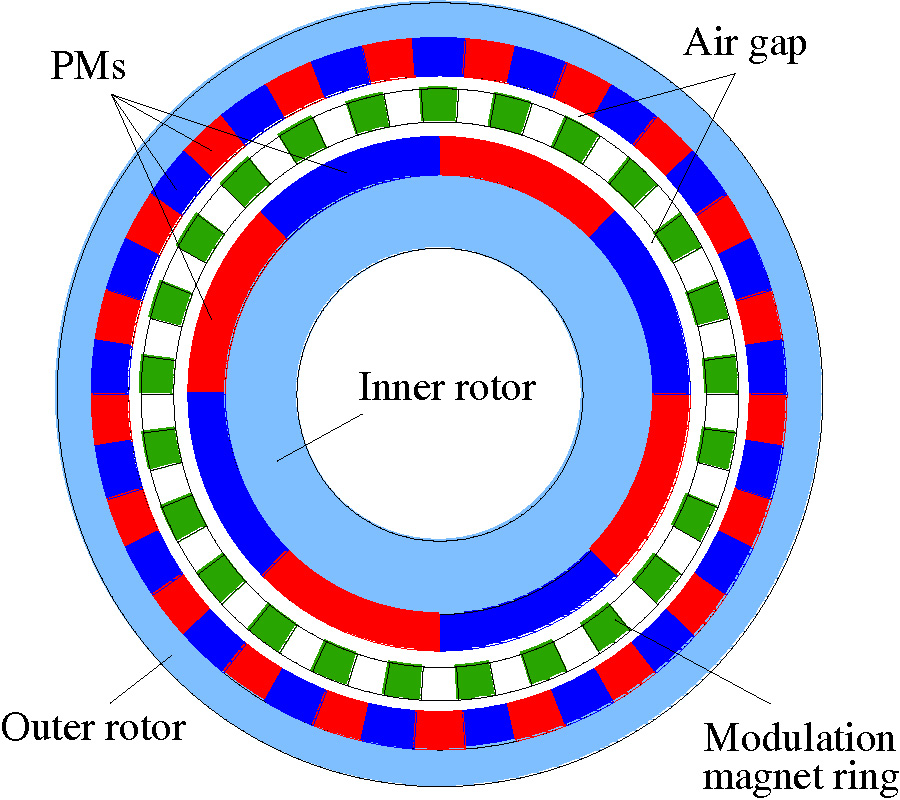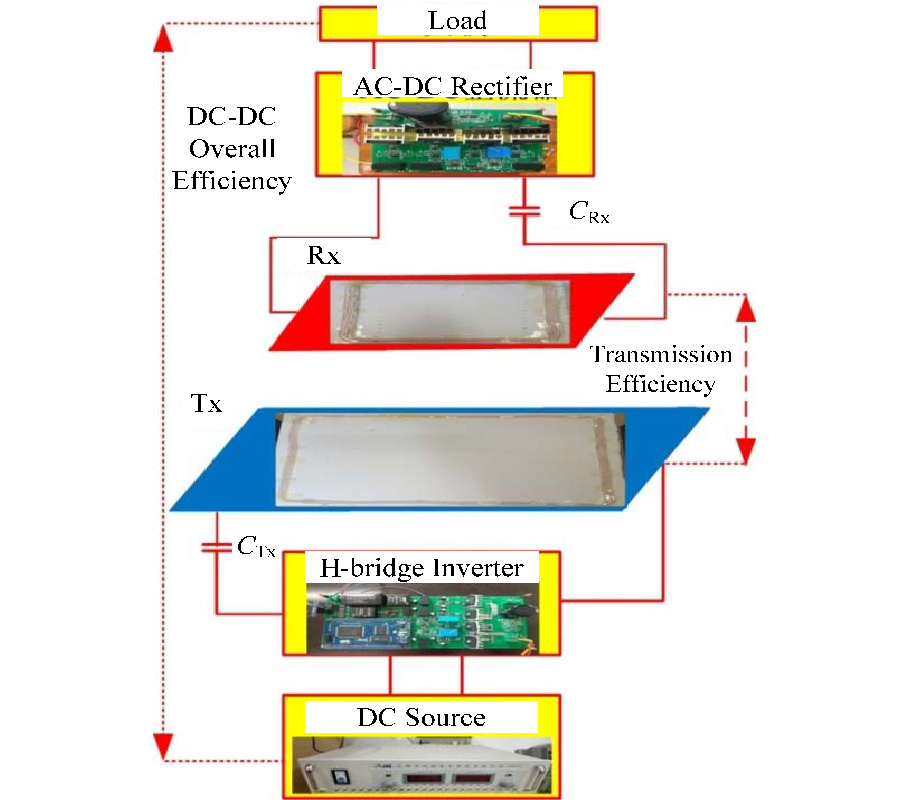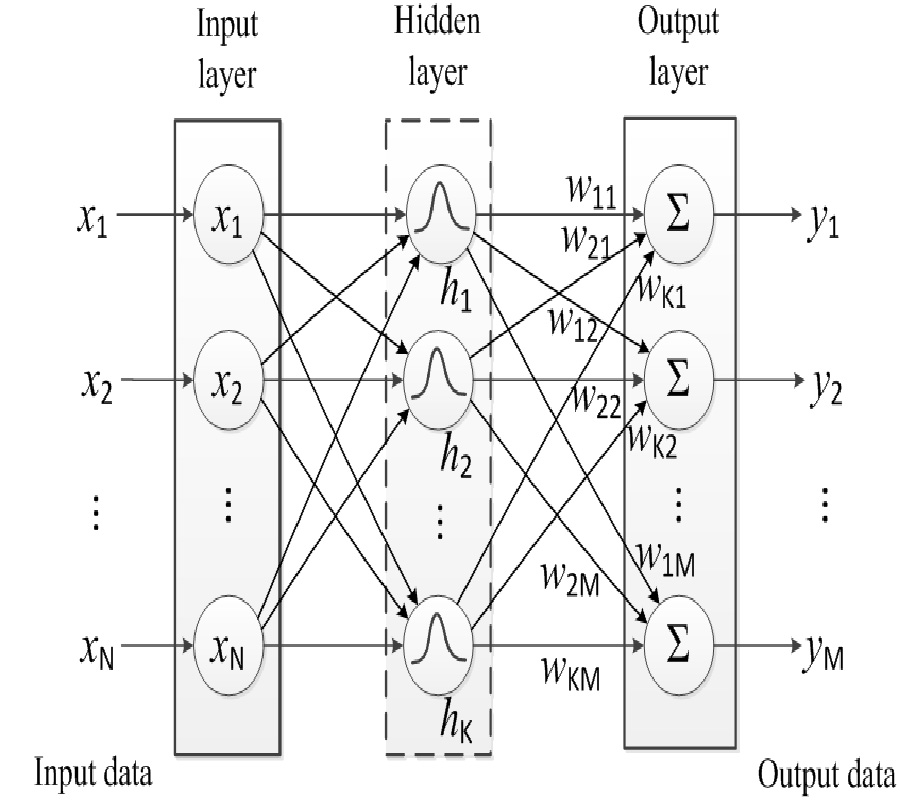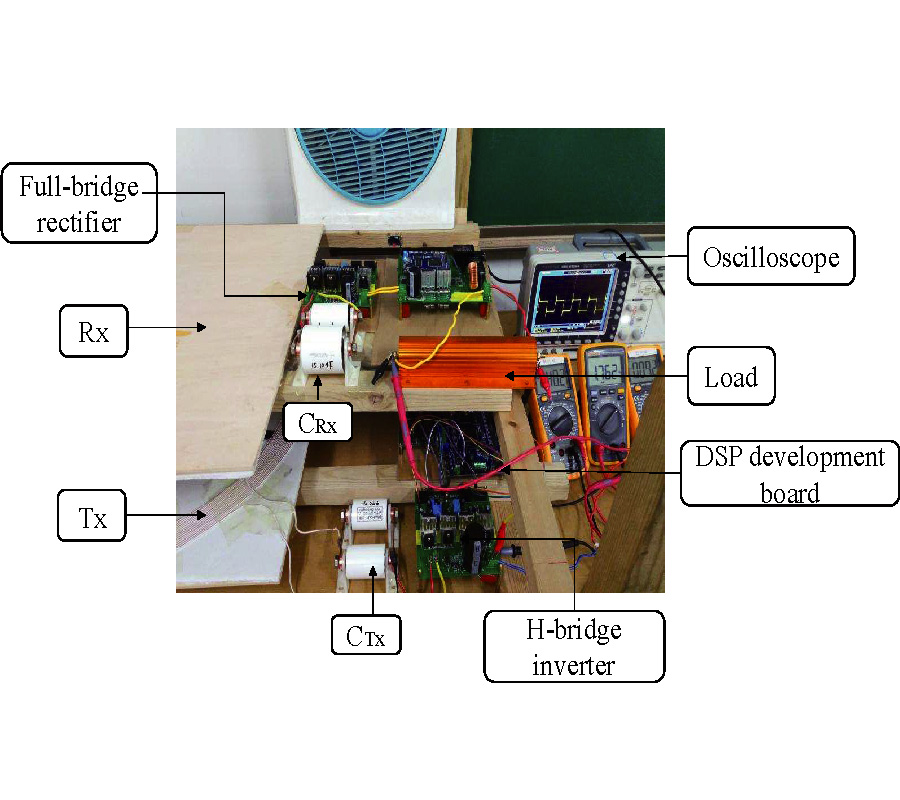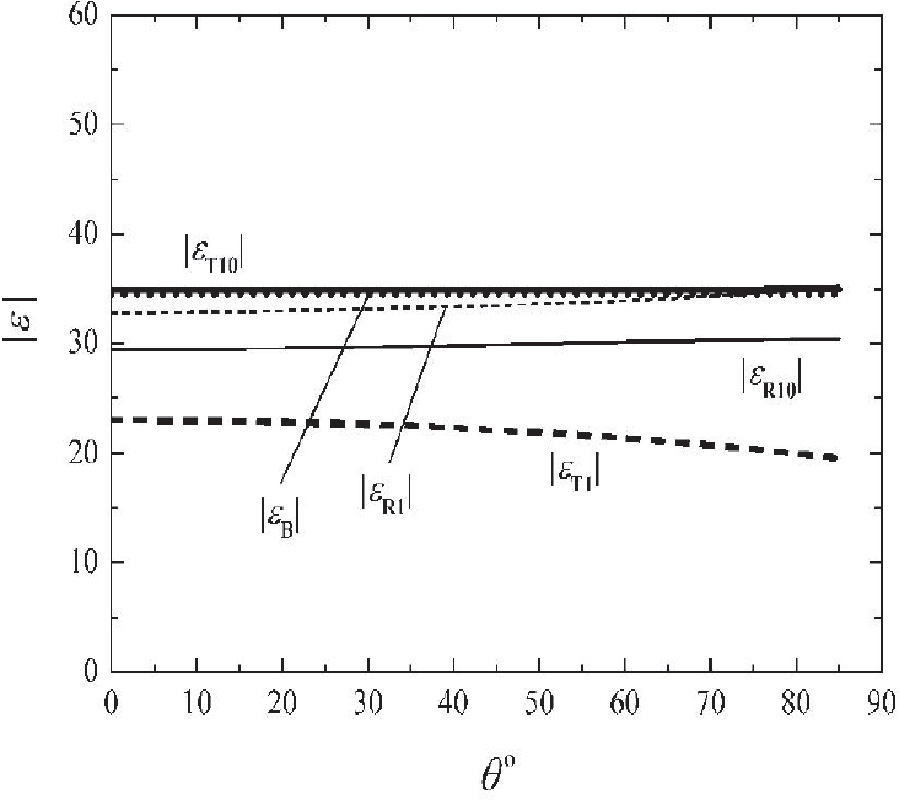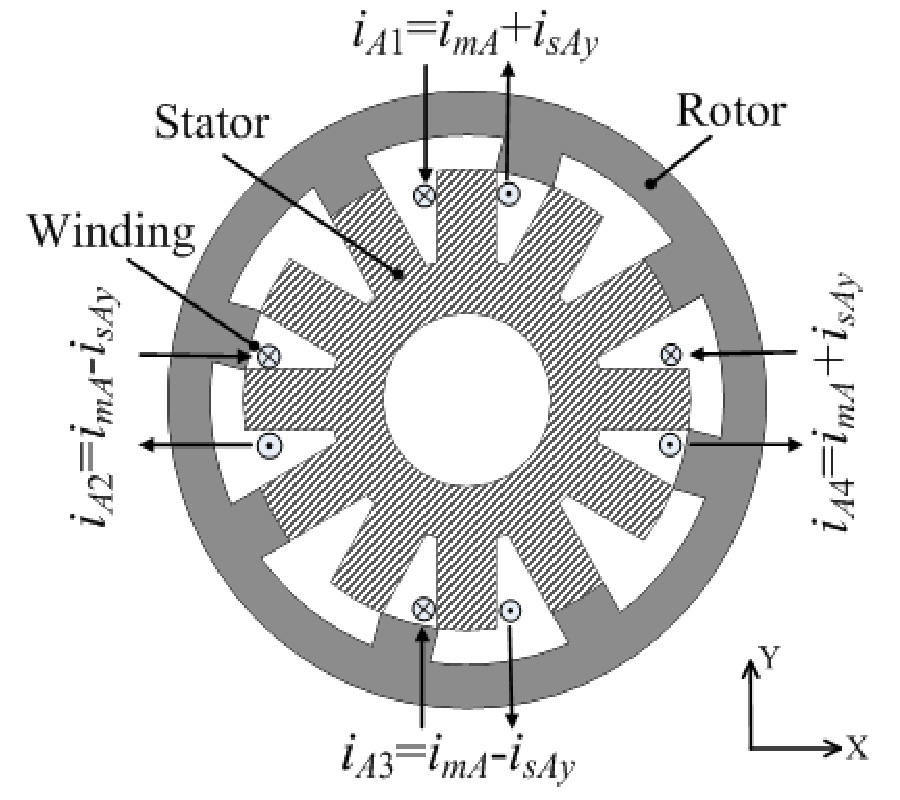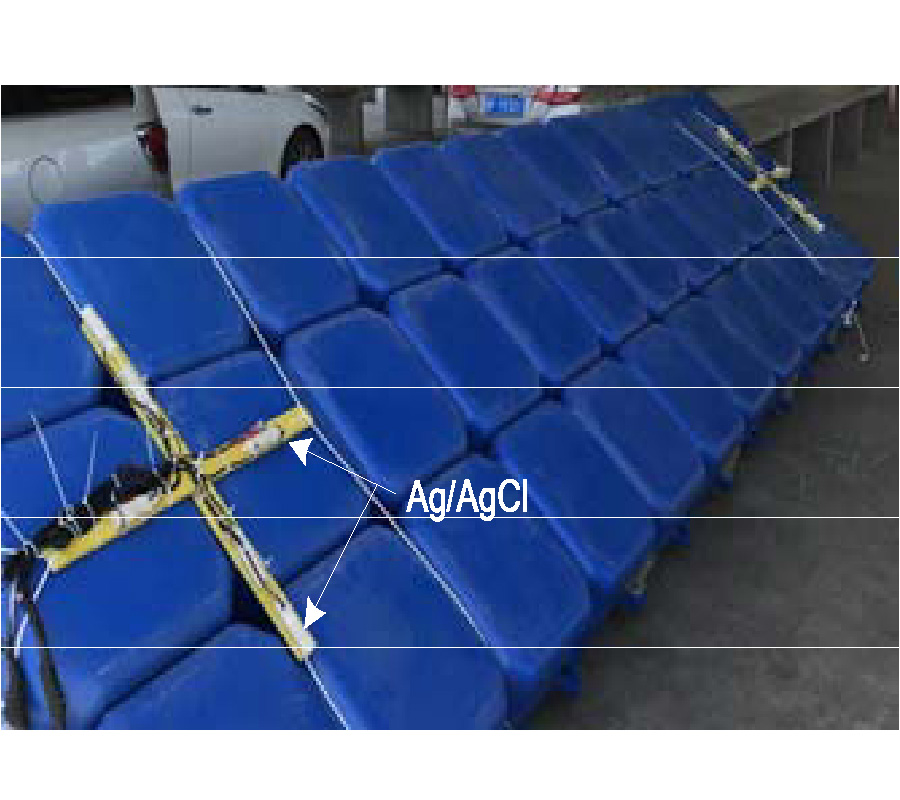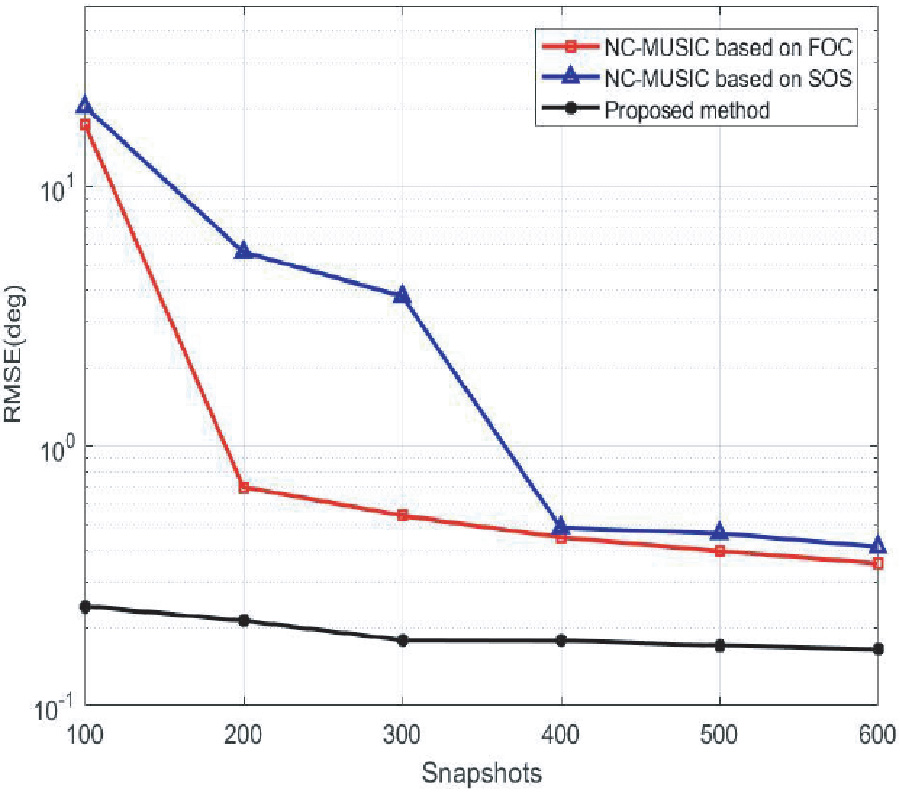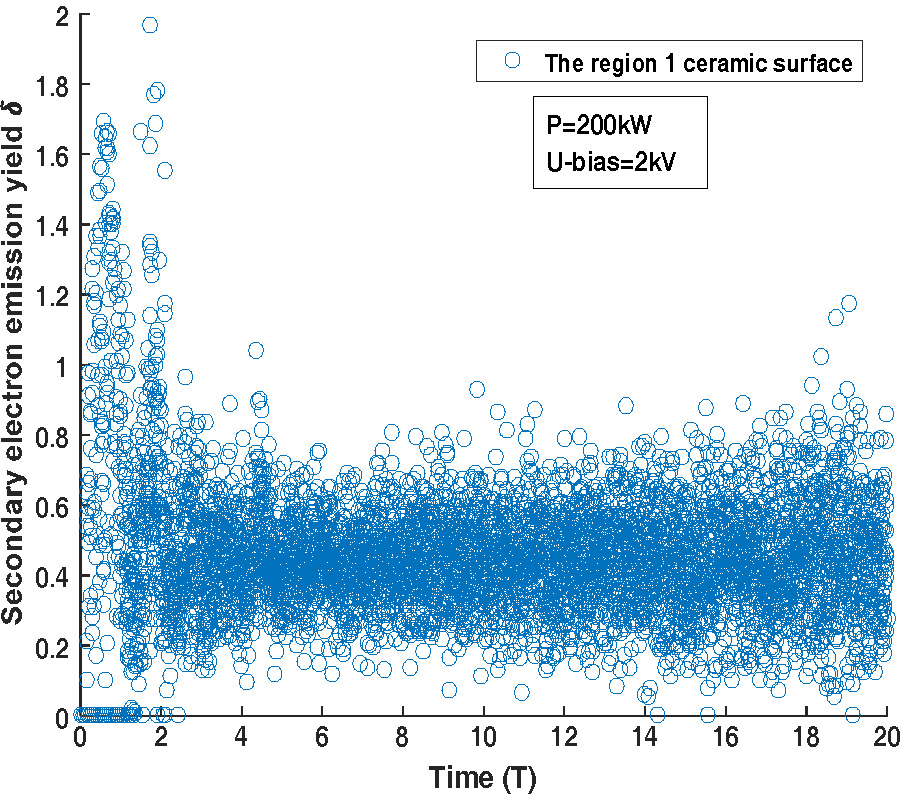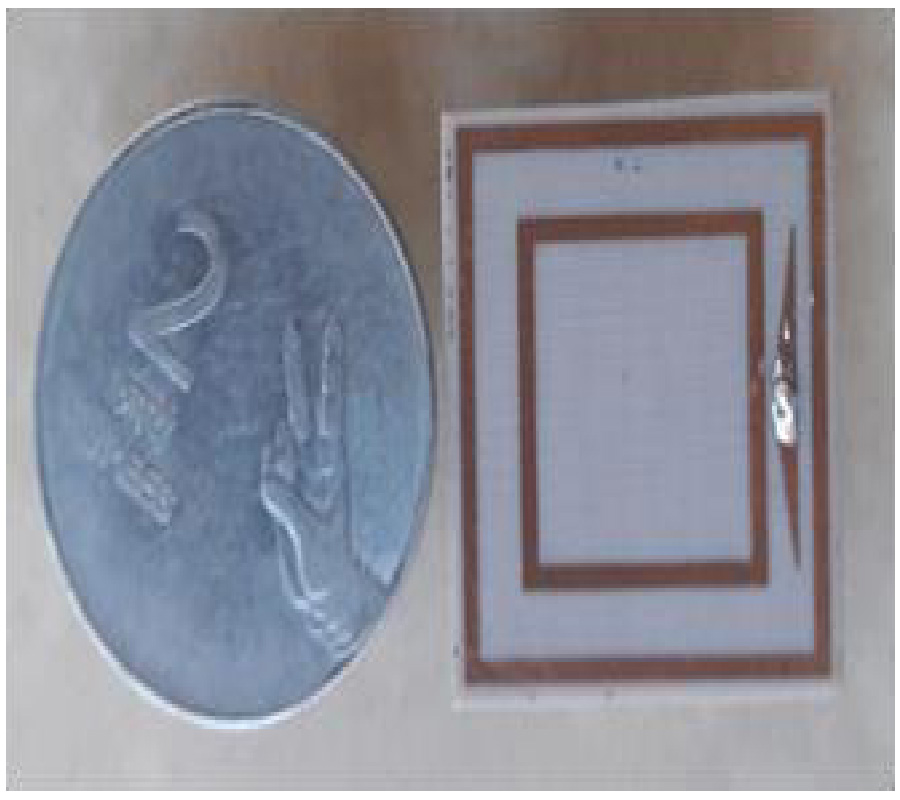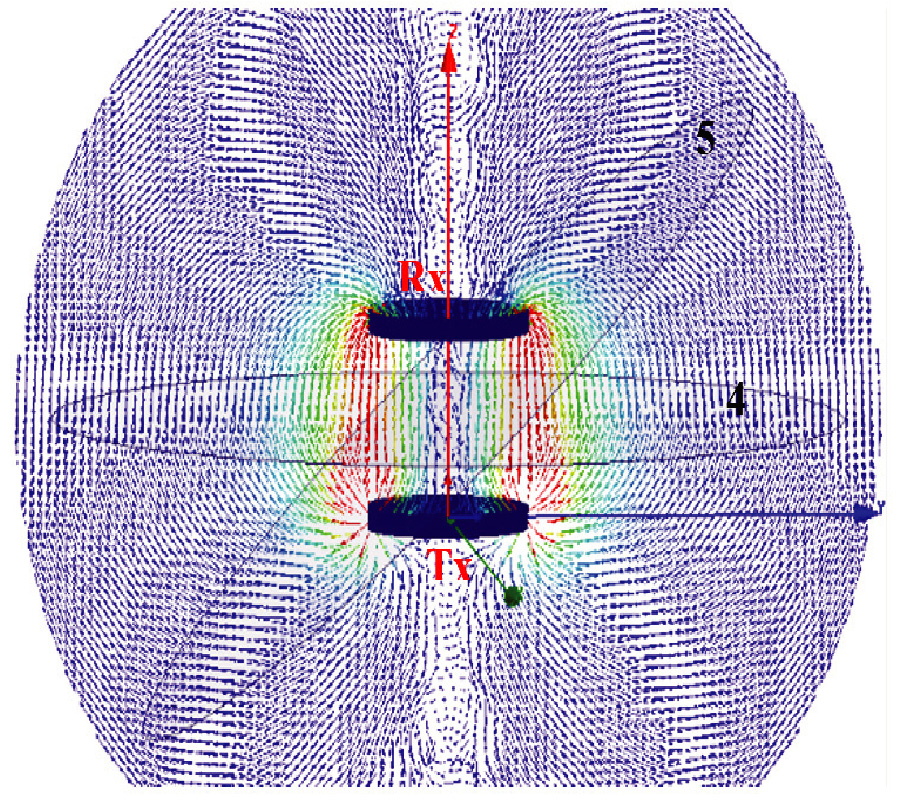Energy Distribution Characteristics of Magnetically Coupled Resonant Wireless Power Transfer Systems Considering Four Basic Reactive Power Compensations
Wanlu Li,
Quandi Wang,
Jianwei Kang and
Yingcong Wang
To realize the attractive Wifi-type magnetically coupled resonant (MCR) wireless power transfer (WPT) techniques, not only the optimization of power and efficiency but also the spatial energy distribution characteristics (EDCs) should be considered. In this paper, the EDCs of three two-coil systems including an alignment system and systems with an angular and lateral misalignment are explored by the Poynting vector, and unified expressions of the active power density (APD) and reactive power density (RPD) are provided. Also, it is found that the APD is mainly distributed in the transmission path, and the RPD is mainly composed of three parts. When the phase difference between the currents in the transmitter and receiver tends to be π/2, the APD increases, and RPD decreases. The active power through an arbitrary infinite plane which intersects the transmission path but does not intersect the coupler is found equal to the transferred active power of the system, which is consistent with the results obtained by the circuit theory. Furthermore, the directionality of the APD is determined, and the APD is utilized to explain the coupling impedance in circuit theory. Then four basic reactive power compensations are considered, and it is recommended to use heavy load for the system with parallel compensation on the secondary side. Finally, the theoretical analysis is verified by simulation and experiment. This paper provides a significant reference for the analysis and design of the MCR WPT system and the improvement of the electromagnetic environment around the system.
